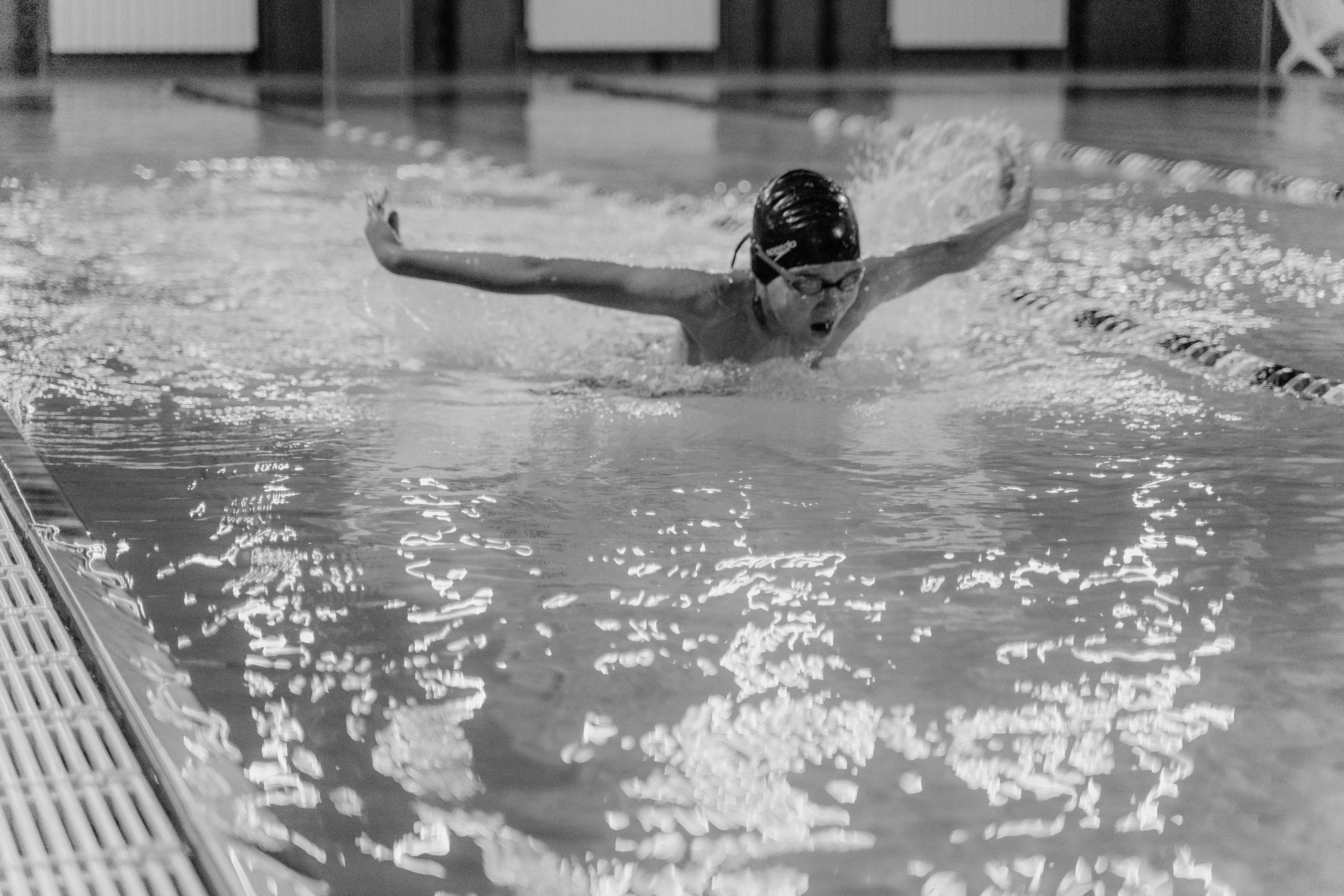Weight Loss – Are Body Fat Scales Accurate?
If you’ve read anything about health and fitness, you know one thing: body fat matters, body weight doesn’t. While the two often go hand in hand, there are always people who have a high body weight and appear to be overweight, but have a high level of muscle mass and are in fact exceptionally skinny.
If you are trying to lose weight, it is best to measure whether you are losing fat or losing body weight. Body weight can be a mix of fat and lean muscle tissue, which is less than ideal.
As you strive to improve your health, all you want is to lose body fat. So this now begs the question, should you invest in a body fat scale? It would seem to be the best solution. This way, you can control which direction your body fat levels are going. However, before you rush out and buy the first body fat scale you see, you should keep one thing in mind: not all scales are accurate.
This is what you should keep in mind.
Methods to measure body fat levels. There are many methods to measure body fat levels…
1. One approach is to pinch various areas of your body and determine how thick those areas are. The coarser the pinch, the more body fat – this is known as a skin gauge reading.
2. Another method is to undergo an electronic scan, dual-energy X-ray absorptiometry (DXA formerly known as DEXA), which will determine bone density, fat mass, and lean muscle tissue. This is the most accurate method. However, you cannot do it yourself and it can be expensive to do so.
3. The third method is to use what is known as bioelectrical impedance, which is where an electrical current is sent through your body and the speed of travel is determined. The current will not travel fast through the fat mass, so the slower it is, the more fat you are said to have.
The bioelectrical impedance method seems ideal in theory, but the problem is that your hydration levels can throw it off. If you are dehydrated, you will appear much “fatter” than if you were hydrated. This method is the one used by most household scales. While it is beneficial to be able to check your reading conveniently, it is not accurate. You can follow the current trend and use one of these home scales but remember that you need to be at the same level of hydration at all times. Measuring your levels first thing in the morning can help keep your hydration levels similar.
Having a DXA scanner check your body fat several times a year and relying on how your clothes look and feel might be a better approach.
